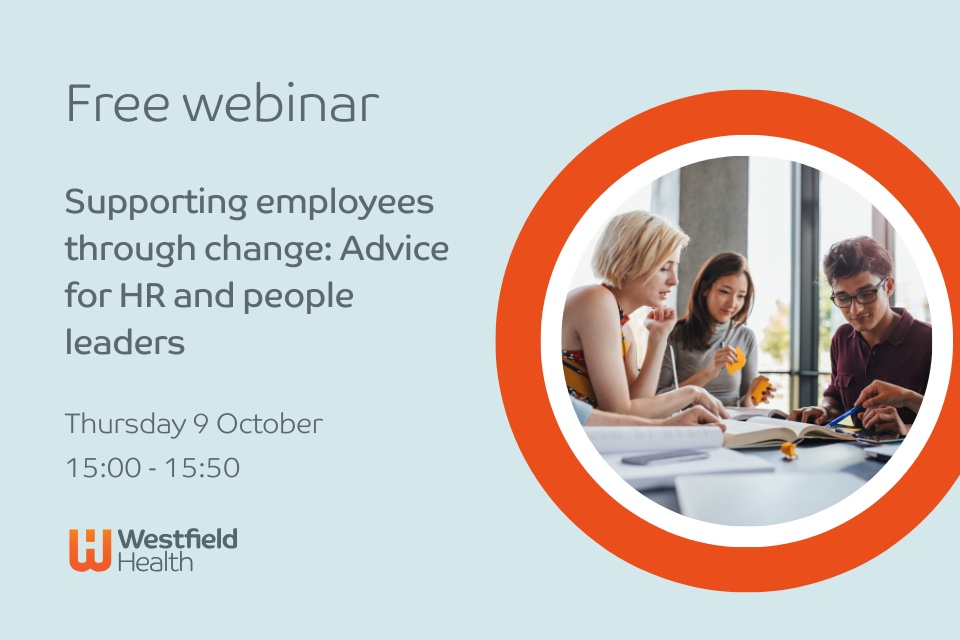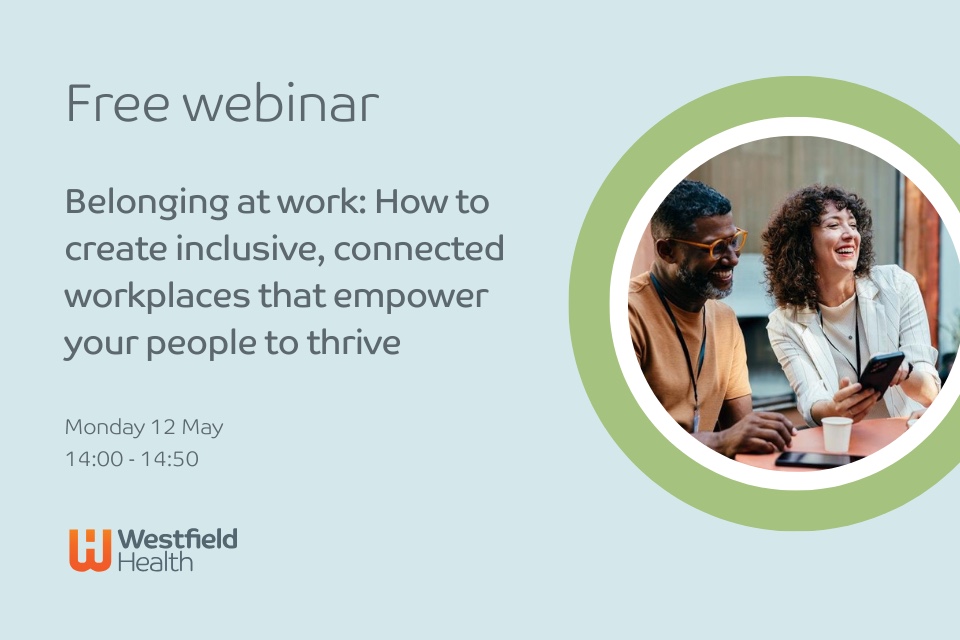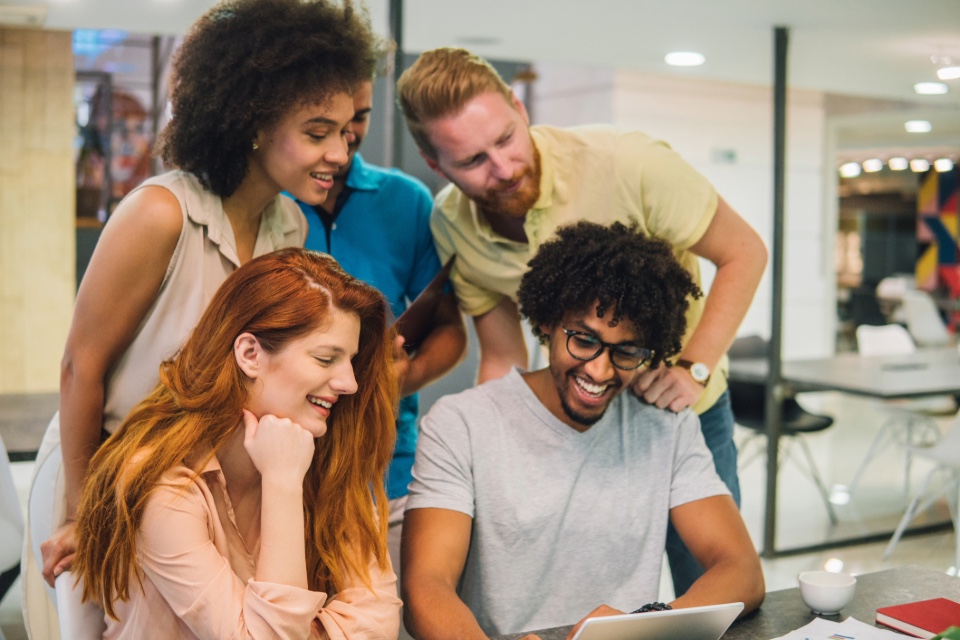Don’t worry if you missed last week’s webinar from Rising Vibe – you can now re-watch the entire session online!
Clearly, over the last few months businesses have had to navigate some monumental changes. But recently, things seem to be settling. As the lockdown eases, the focus has shifted from how we continue to trade within a global pandemic, to now, how we get back to business as usual in the aftermath.
Lou Banks, Founder of Rising Vibe, sets the scene in the webinar by asserting that many of the challenges we’ve faced as people during lockdown are often reflected within our professional environments.
She says: “As ‘culture consultants’, we want to help our clients to define or refine their cultural principles, which often encompass publicly stated values, mission statements and charters, and then bring them to life for the rest of their organisation. We then help them to establish where they are and where they want be, and deliver learnings to enable that shift.
“During the pandemic we’ve often heard people talking about the culture and their organisation, sometimes in a positive way because they feel supported, but sometimes not – and many times people will talk about their company’s culture like it’s separate to them, i.e., ‘We don’t have a learning culture’; ‘the culture is not supportive’; ‘we have a blame culture’; ‘the culture is toxic’, etc.
However, Banks explains that if you’re in an organisation then you are that culture. But, as many of us will know, it’s often difficult for people to make cultural change happen on their own, so the natural position is to wait for other people to go first.
It’s here that the webinar hits home: “Rather than talking about the environment in which you’re working in a way that’s not useful or constructive, you should think more about what you could do to affect change,” says Banks. “The standard way we often talk about company culture is this: ‘Is it clear what’s expected at work and does anyone within the organisation accept anything different?’”
But Banks explains that the reality is often flipped on its head, so that what is accepted is completely different to what is expected.
“To come back to real life – it’s like when you’re at home and someone’s shouting at you from a different room: what you really expect is for them to come and talk to you face-to-face quietly, but we often accept the shouting,” she says. “Similarly, a lot of investment in corporate culture is lost because even if you have beautifully explicit expectations, something different often becomes the norm.
“Ultimately, what we we want to do is create cultures that feel safe and secure, where people are able to go to work without fear of negative consequences – not a fear of not doing your job, as we all need to do our jobs properly and be held to account. But rather, we should be asking ourselves: ‘is the environment safe?’ Is it one where I can say I don’t understand something, or that I’m confused, or that I need help – that’s the kind of environment in which people thrive.”
In the webinar, Banks explains how emotions can be used positively to drive cultural change, touching on areas like work/life balance, working from home, personal & professional empowerment, performance management, communication, social interaction, trust and – most importantly – how the COVID-19 pandemic has created an ideal opportunity for businesses to choose the culture they want in the future, using the learnings from experiences over the past few months.
Ultimately, Banks says the keys to a healthy company culture post-COVID-19 include:
- Creating an environment that enables connection
- Owning contribution without excuses
- Being okay with imperfection
- Having trust and belief in other people
- Holding to account around boundaries and expectations
- Being explicit with aligned, simple messaging
- Committing to the long game and solving the problem
“Working from home has changed the lens through which many employees are viewed, but mainly in a very healthy way,” says Banks. “Some people who thought it was impossible to do a job properly or keep up productivity when not in an office have had to reassess those views. Will we go back to the way we were all working before? Probably not in exactly the same way, and I think that’s a great thing.”
To watch the webinar recording in full, simply click here.
For more information on how Rising Vibe can support your business in the aftermath of Covid19, please click on the link here.









